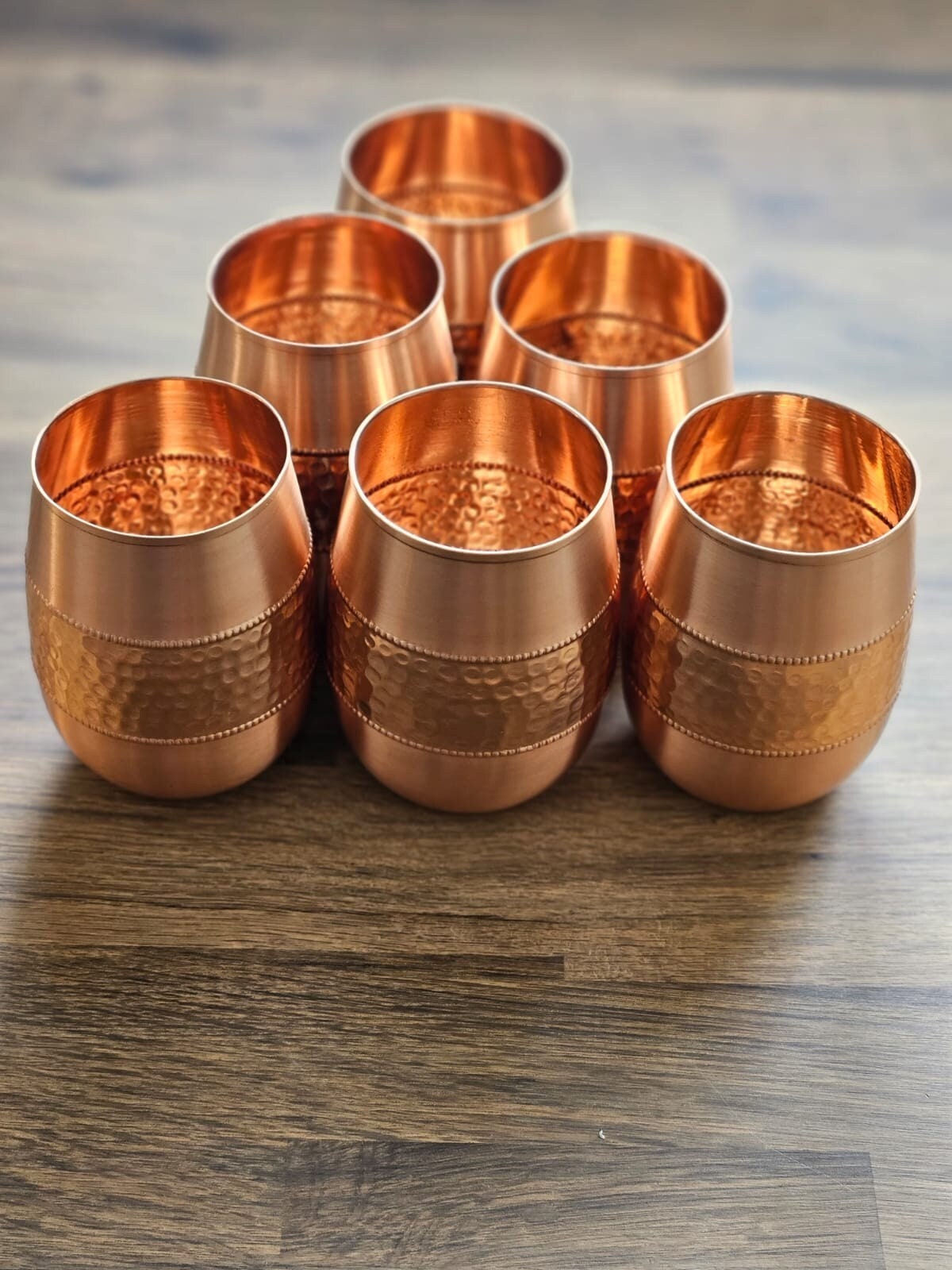Top Trends in Home Style Featuring Elegant and Functional Copper Products
Top Trends in Home Style Featuring Elegant and Functional Copper Products
Blog Article
Discovering the Diverse Applications of Copper Products in Modern Industries
From improving the effectiveness of electric systems to playing an essential function in sustainable energy innovations, the versatility of copper is obvious. As industries increasingly prioritize development and sustainability, the varied applications of copper call for a closer evaluation, especially regarding their possible effect on future environmental techniques and technical advancements.
Electrical Applications of Copper
Copper is a necessary product in the electric market, accounting for approximately 60% of the complete need for non-ferrous steels globally - Copper Products. Its exceptional electrical conductivity, which is almost twice that of aluminum, makes it the favored choice for a variety of electric applications. From electrical wiring systems in industrial and household buildings to high-voltage power transmission lines, copper guarantees performance and reliability in power distribution
In addition to wiring, copper is important to the manufacturing of electrical components such as generators, transformers, and motors. These elements leverage copper's thermal conductivity and pliability, necessary for warmth dissipation and efficient efficiency. Copper's resistance to corrosion boosts the lifespan and sturdiness of electric systems, making it an economical solution in the lengthy term.
The growth of renewable resource resources, such as solar and wind power, has actually even more enhanced the demand for copper in electric applications. As markets transition in the direction of sustainable power services, copper's role comes to be a lot more critical. Generally, the versatility and performance features of copper strengthen its condition as a cornerstone material within the electrical market, driving development and effectiveness throughout numerous applications.
Plumbing and Piping Solutions
In modern-day pipes systems, the option of products substantially impacts both performance and longevity. Copper has actually emerged as a favored alternative as a result of its distinct buildings, consisting of rust resistance and antimicrobial features. These features make certain that copper piping continues to be safe and sturdy for moving drinkable water, an important consideration in domestic and commercial applications.
One of the essential advantages of copper in pipes is its ability to hold up against high temperatures and pressures, making it suitable for a range of applications, from warm water systems to home heating and cooling down networks. Furthermore, copper's versatility permits for simpler setup in complex piping formats, reducing the danger of leaks and failures.
One more noteworthy advantage is copper's long life-span, usually going beyond 50 years with appropriate maintenance. This long life not only reduces replacement prices yet likewise adds to sustainable methods by minimizing waste. In addition, copper's recyclability lines up with modern environmental criteria, advertising a round economic situation within the pipes sector.
Copper in Renewable Resource
The convenience of copper prolongs beyond pipes applications, playing an essential duty in the eco-friendly power industry. Its excellent electrical and thermal conductivity makes it an important material in the manufacturing and circulation of renewable resource resources, description specifically solar and wind power. In solar panels, copper is made use of in solar batteries and wiring, assisting in effective energy conversion and transmission. Its resistance to rust makes sure long-lasting performance, which is critical for optimizing power output in time.

In addition, as the worldwide need for electric vehicles (EVs) rises, copper's function in battery systems and billing infrastructure comes to be much more substantial. The product's capacity to conduct electrical power efficiently is essential to the efficiency of EV batteries, improving range and billing speed.
Copper's Duty in Electronics
Electronics manufacturing depends greatly on copper's remarkable residential or commercial properties, especially its high electric conductivity and thermal efficiency. These features make copper an optimal option for a vast array of digital components, consisting of ports, circuit boards, and electrical wiring. The metal's ability to efficiently send electrical signals guarantees marginal energy loss, which is critical in high-performance digital gadgets.
In addition, copper's thermal conductivity plays a substantial function in warm dissipation, protecting delicate components from overheating. This is especially essential in modern electronic devices, where compact layouts cause boosted heat generation. Copper is additionally preferred for its malleability and ductility, enabling it to be easily shaped right into elaborate designs that meet the needs of advanced digital applications.
With the surge of consumer electronic devices, telecoms, and electrical cars, the demand for copper in the electronics field continues to grow. Thus, copper stays a cornerstone product in the ever-expanding area of electronic devices.
Ingenious Uses in Production

One noteworthy application remains in additive manufacturing, where copper-based products are utilized in 3D printing procedures. This enables the production of lightweight components and complicated geometries, specifically in the aerospace and automotive sectors. Additionally, copper's thermal conductivity makes it an ideal selection for warm exchangers, improving efficiency in industrial air conditioning systems.
Furthermore, the surge of smart manufacturing has seen the unification of copper in IoT tools, where its conductive abilities support innovative picking up innovations. In the realm of eco-friendly power, copper is essential in the manufacturing of solar panels and wind turbines, promoting much more reliable energy conversion and distribution.
As markets pursue sustainability and advancement, copper's versatility and efficiency remain to place it as a critical product, driving improvements in production and contributing to the advancement of smarter, extra effective additional reading products.
Final Thought
The integral role of copper in renewable energy and its important function in electronics underscore its importance in advancing sustainable practices. Collectively, these applications show copper's crucial payment to technical progress and commercial efficiency in modern culture.
From improving the performance of electrical systems to playing a crucial function in renewable power technologies, the versatility of copper is obvious. As industries increasingly prioritize innovation and sustainability, the diverse applications of copper require a closer evaluation, specifically concerning their potential influence on future technical innovations and environmental methods.
The growth of eco-friendly power resources, such as solar and wind power, has actually additionally enhanced the need for copper in electric applications. On the whole, the flexibility and performance attributes of copper you can find out more strengthen its status as a foundation material within the electric field, driving advancement and efficiency across different applications.
The flexibility of copper prolongs beyond pipes applications, playing a crucial role in the sustainable power field.
Report this page